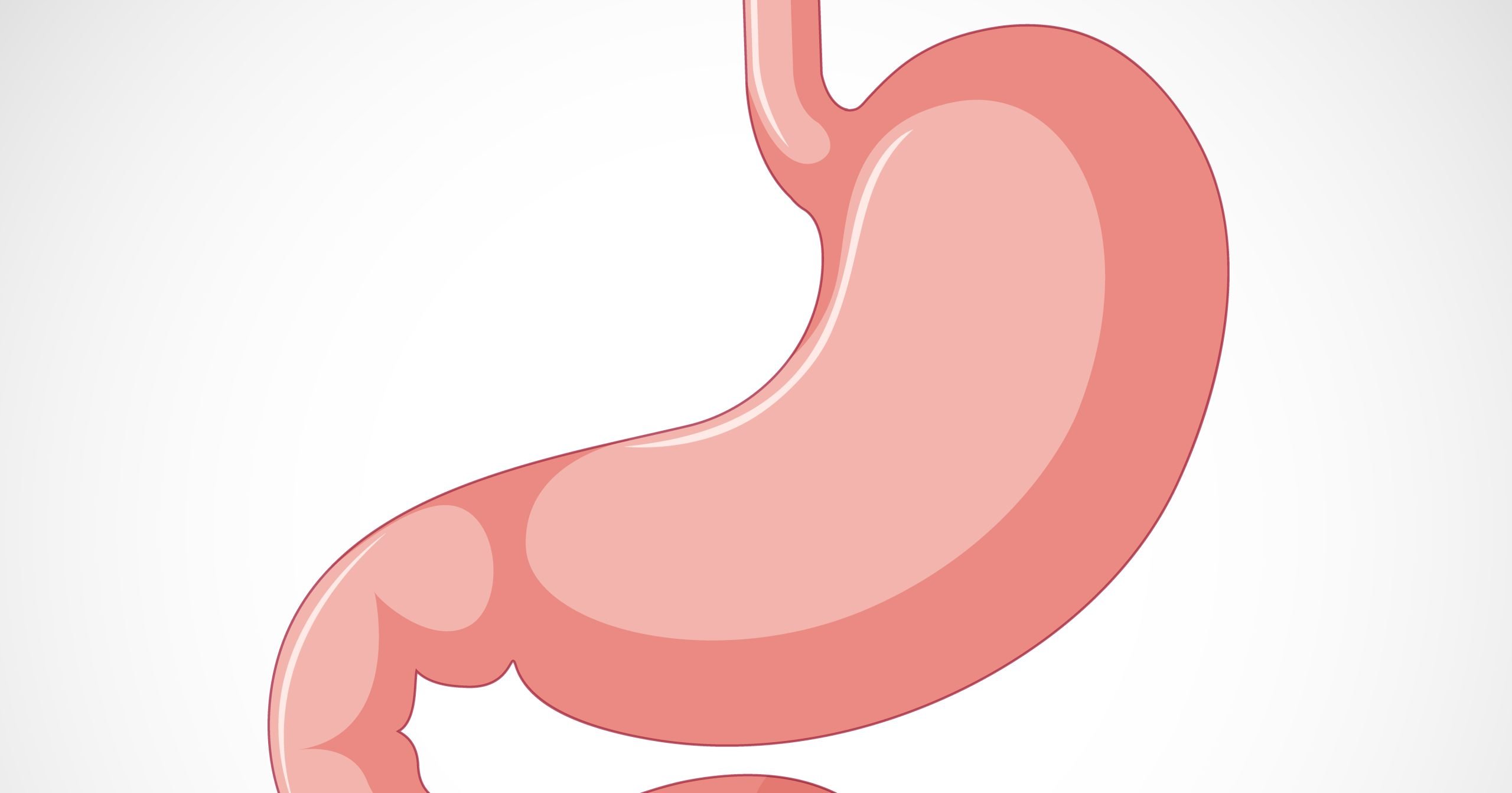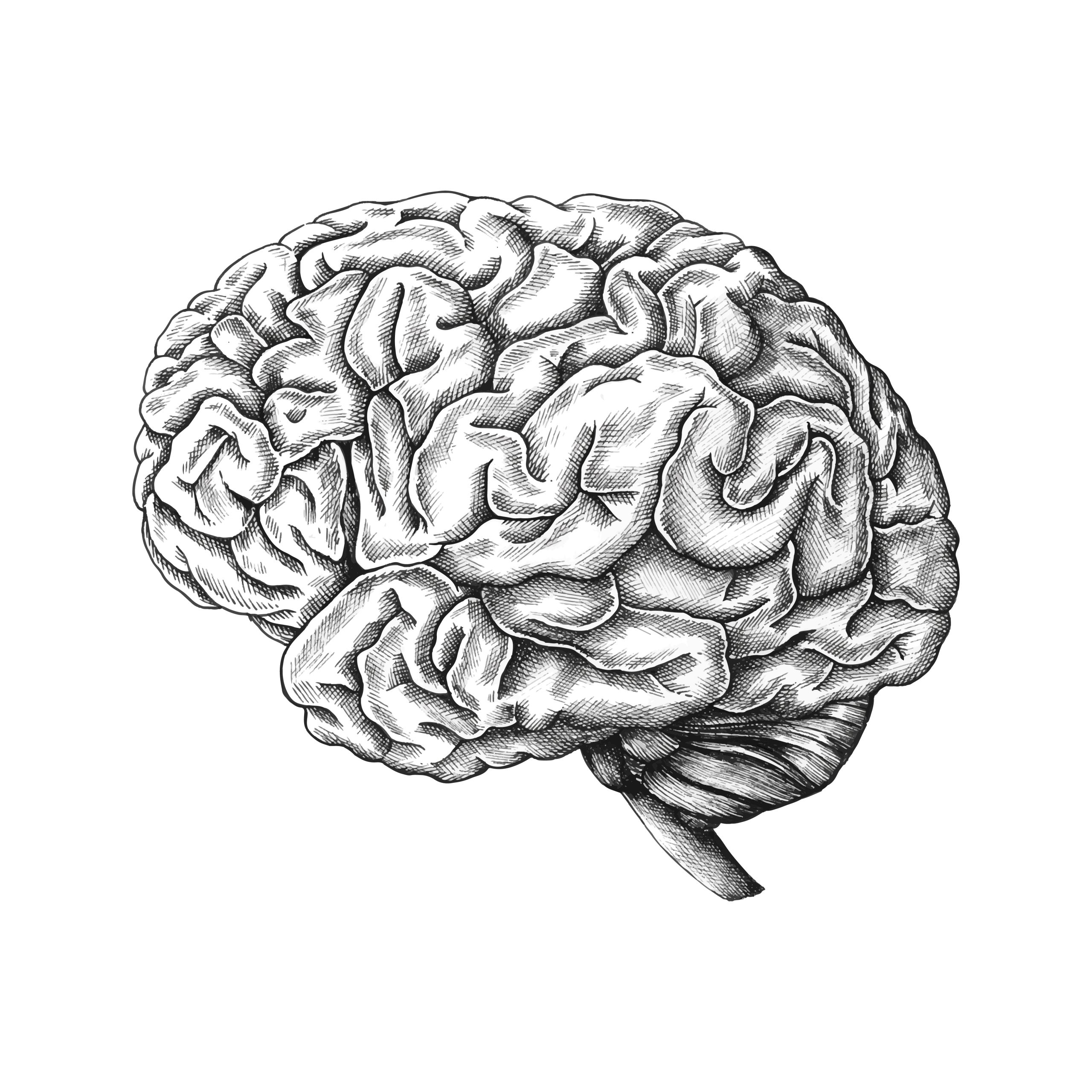
This post may contain affiliate content from which we earn a small commission at no additional cost to you. Read our full disclosure.
Curious why some folks seem to effortlessly maintain a healthy weight while others struggle? It might just come down to your gut. Yes, that’s right, your gut health plays a significant role in managing your weight. It’s not just about what you eat or how much you exercise.
it’s about the intricate ecosystem of bacteria living in your digestive system. Understanding the connection between gut health and weight management can be a game-changer in your wellness journey. Let’s dive into the fascinating world of “The Role of Gut Health in Weight Management.”
The Gut Microbiota

At the heart of gut health lies the microbiota, a bustling community of trillions of microorganisms that call our intestines home. This diverse ecosystem, comprising bacteria, viruses, fungi, and other microbes, functions akin to a well-coordinated orchestra, with each member playing a unique role.
These microbes aid in breaking down food, synthesizing essential nutrients, and maintaining the integrity of the gut lining. If you wanna know more about Gut Microbiota you can read our article “The Importance of a Healthy Gut Microbiome”.
Metabolism
Beyond digestion, the gut microbiota exerts a profound influence on metabolism. Research suggests that specific microbial species can influence how our bodies metabolize nutrients, particularly carbohydrates and fats.
Certain microbes are adept at extracting energy from food, potentially contributing to weight gain, while others may enhance fat burning or regulate appetite. This intricate interplay underscores the significance of gut health in the metabolic equation.
Hormonal Harmony
The gut communicates bidirectionally with the brain through a complex network known as the gut-brain axis. This communication isn’t merely informational; it profoundly influences hormonal balance, including hormones related to appetite and satiety.
Serotonin, often dubbed the “feel-good” hormone, is primarily synthesized in the gut. Imbalances in gut microbiota composition can disrupt this delicate hormonal interplay, potentially leading to weight fluctuations and cravings.
Cravings and Gut Health

Ever experienced intense cravings seemingly out of nowhere? Blame it on your gut. Emerging evidence suggests that gut microbes play a significant role in shaping our food preferences and cravings.
Certain microbes thrive on specific nutrients, prompting us to crave foods that nourish them, often at the expense of our waistlines. Conversely, a diet rich in diverse, fiber-rich foods can promote a healthier gut microbiota composition, potentially reducing cravings and promoting weight management.
For more information on what to eat during weight loss, you can read our article “Tips for Eating Out While Losing Weight”.
Inflammation
Chronic inflammation is increasingly recognized as a driver of various metabolic disorders, including obesity. The gut plays a pivotal role in modulating systemic inflammation, with an imbalance in gut microbiota composition often associated with heightened inflammation levels.
A diet high in processed foods, sugar, and unhealthy fats can disrupt gut integrity, leading to increased intestinal permeability and systemic inflammation. Prioritizing gut health through dietary and lifestyle interventions can mitigate inflammation and support weight management efforts.
Strategies for Cultivating Gut Health
Cultivating a thriving gut microbiota doesn’t require complex interventions. Simple dietary and lifestyle adjustments can go a long way in nurturing gut health and supporting weight management goals.
Embracing a diverse, plant-based diet rich in fiber and fermented foods can provide the necessary nourishment for beneficial gut microbes. Regular physical activity, stress management, and adequate sleep further complement these efforts, fostering a harmonious gut environment conducive to overall well-being.
The Gut-Brain Connection

Our gut is often referred to as our “second brain” due to its extensive network of neurons and neurotransmitters. This intricate connection between the gut and the brain plays a pivotal role in regulating emotions and stress responses.
During periods of stress, the gut-brain axis can influence food choices, leading to emotional eating and cravings for comfort foods high in sugar and fat. By managing stress through techniques such as mindfulness, meditation, and social support, individuals can mitigate the impact of emotional eating on weight management.
Leaky Gut Syndrome
Leaky gut syndrome, characterized by increased intestinal permeability, has garnered attention for its potential role in obesity and metabolic dysfunction. When the gut barrier becomes compromised, toxins, bacteria, and undigested food particles can leak into the bloodstream, triggering systemic inflammation and metabolic disturbances.
Emerging research suggests that addressing leaky gut through dietary modifications, gut-healing nutrients, and lifestyle interventions may offer promising avenues for supporting weight management and metabolic health.
Personalized Nutrition
Recognizing that gut health is highly individualized, personalized nutrition approaches are gaining traction as a means of optimizing weight management outcomes. Through tools such as microbiome testing and dietary analysis, individuals can gain insights into their unique gut microbiota composition and metabolic profile.
Armed with this information, personalized dietary recommendations can be tailored to promote a healthy gut environment conducive to weight loss or maintenance. By embracing a personalized approach to nutrition, individuals can harness the power of their gut health to achieve their weight management goals effectively
Beyond Body – Your Complete Weight Loss Guide
Beyond Body is special because it gives you meal and exercise plans made just for you. These plans are designed to fit what you like. The 28-day meal plan is all about making healthy eating fun.
It helps you enjoy yummy food while taking care of your body. Beyond Body isn’t just for losing weight. It’s like having a friend who helps you live a healthier and happier life.
If you want to try it out, read our full Beyond Body review. You can even get up to 60% off by using the code below:


Beyond Body - 67% Off Discount Code
Final Words
In conclusion, maintaining a healthy gut plays a vital role in weight management. By nourishing our gut with balanced nutrition and probiotics, we support the optimal functioning of our digestive system, which can aid in weight regulation.
Remember, a happy gut equals a happier, healthier you! So, make those mindful food choices and keep your gut smiling.
FAQs
How does gut health affect weight?
Gut health can significantly impact weight because it influences digestion, absorption of nutrients, and metabolism. When the gut is healthy, it can efficiently break down food and absorb essential nutrients, promoting a balanced weight.
Conversely, an unhealthy gut can lead to issues like inflammation and poor nutrient absorption, which may contribute to weight gain.
What is the role of the gut in weight loss?
The gut plays a crucial role in weight loss by regulating hunger hormones and controlling appetite. A healthy gut can send signals to the brain, signaling satiety and reducing cravings, which can aid in weight management efforts.
Additionally, a well-functioning gut can support efficient metabolism, helping the body burn calories more effectively, thus facilitating weight loss.
What is the role of the gut microbiome in weight management?
The gut microbiome, composed of trillions of bacteria, fungi, and other microorganisms, plays a vital role in weight management. Certain gut bacteria can influence how the body processes food and stores fat.
A diverse and balanced microbiome is associated with a healthier weight, while imbalances or dysbiosis may contribute to weight gain or obesity. Therefore, nurturing a healthy gut microbiome through diet, lifestyle, and probiotics can be beneficial for weight management.
Disclosure: In the spirit of full disclosure, DIYactive.com may be compensated in exchange for featured placement of certain reviews or links on this website. View our full disclosure.



